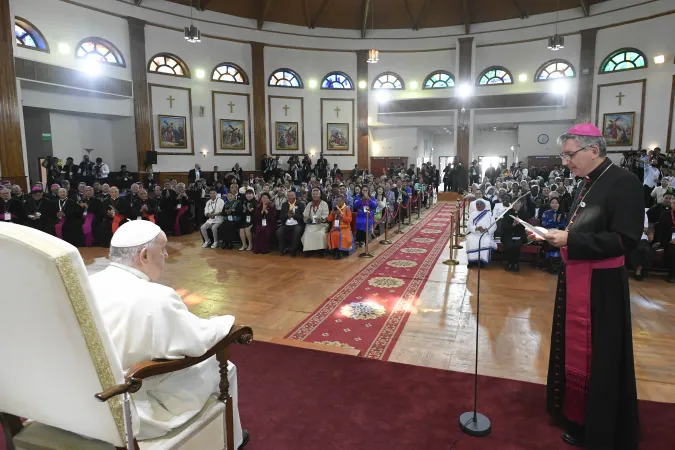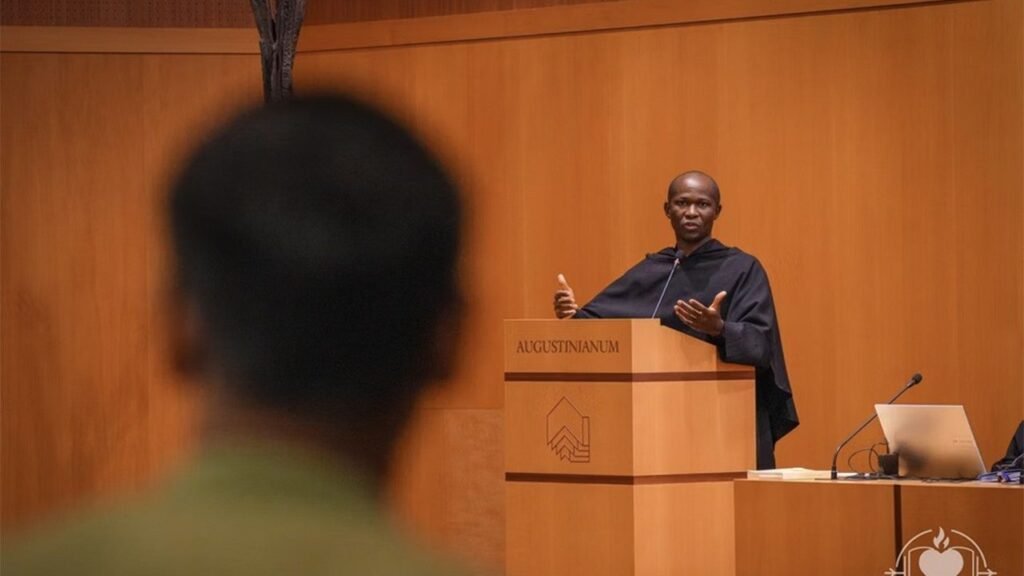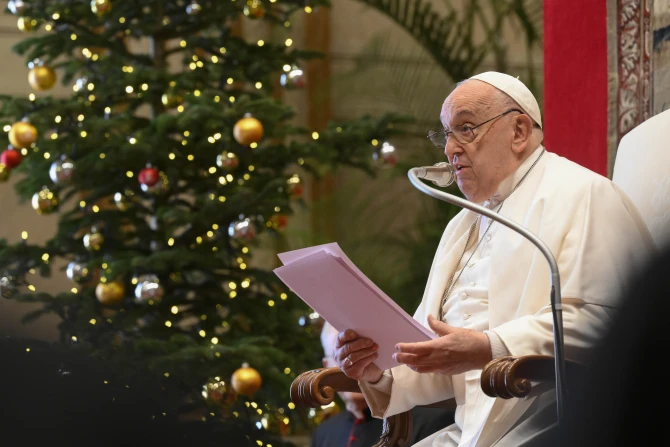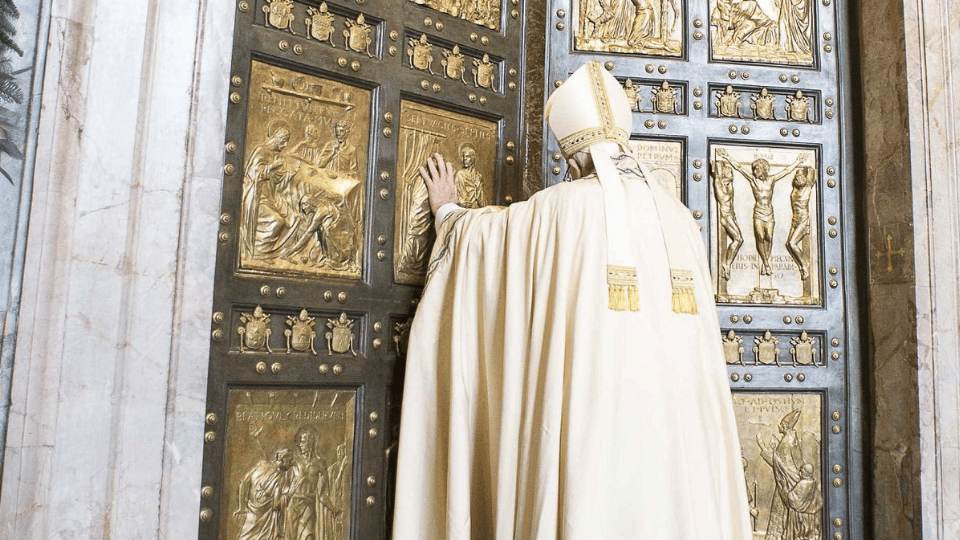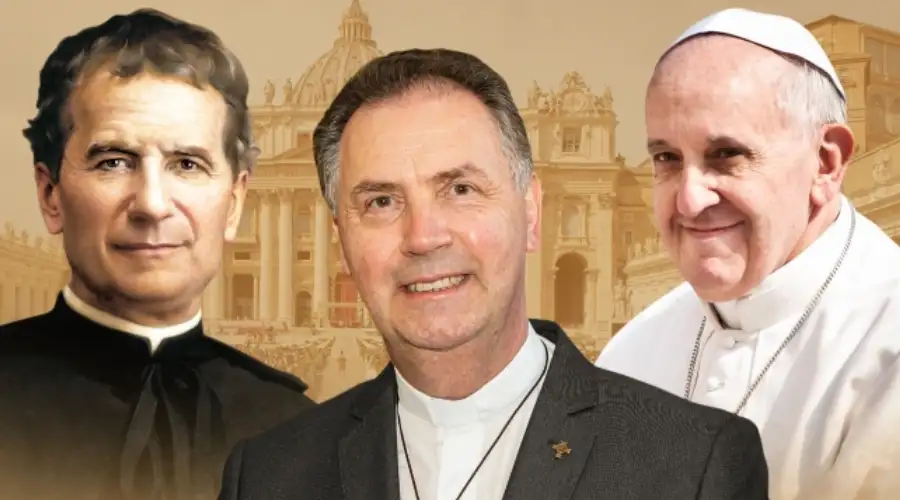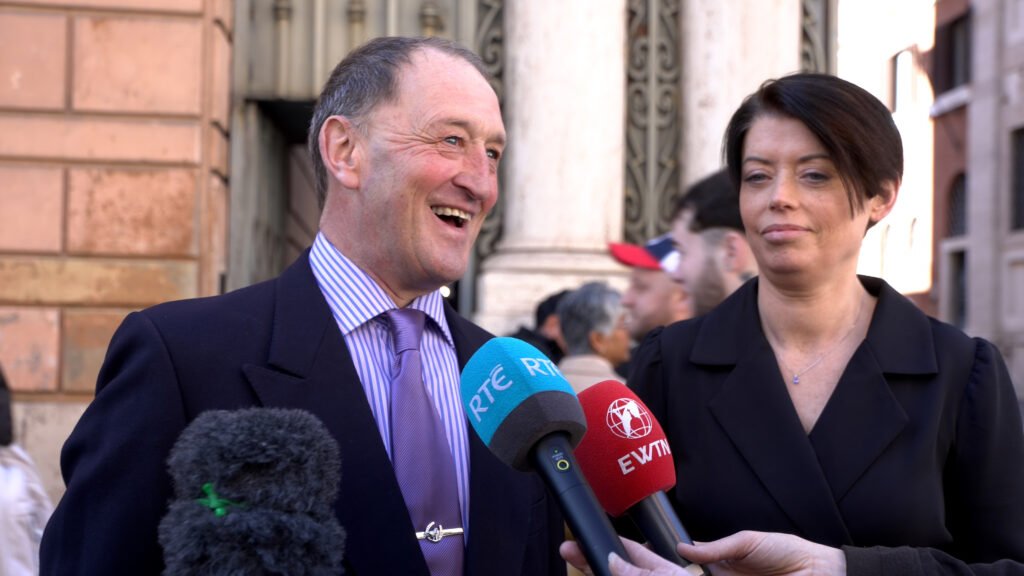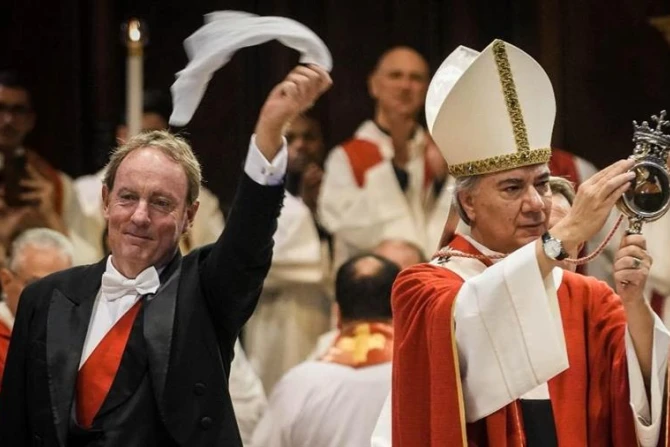During Pope Francis’s visit to Mongolia, a bishop was consistently present alongside Cardinal Giorgio Marengo, the Apostolic Prefect of Ulaanbaatar. This bishop was José Luis Mumbiela Sierra, who currently leads the Diocese of the Holy Trinity in Almaty, Kazakhstan. He arrived in Kazakhstan in 1988 as a Fidei Donum missionary. Notably, he also serves as the president of the Central Asian Episcopal Conference, established in 2021, which includes states such as Kazakhstan, Kyrgyzstan, Tajikistan, Turkmenistan, Uzbekistan, Mongolia, Afghanistan, and Azerbaijan.
This episcopal conference is relatively young and comprises states with diverse challenges, most notably the fact that Catholics are a minority in these countries. Bishop Mumbiela shared his insights with ACI Stampa regarding the trip and the potential impact of the Pope in the region.
Throughout Pope Francis’s visit to Mongolia, he engaged with missionaries and priests. How did he come across during these interactions?
I observed that he was genuinely enthusiastic, as this resonates with the core of his beliefs. He spoke about the qualities of good shepherds, the significance of responsible politics, and the essence of contemporary spirituality. These themes align closely with our first-hand experiences when interacting with people. We take joy in witnessing the tangible outcomes of their extensive efforts and enduring hardships. Sometimes, I reflect on our brothers from the Holy See, who endure hidden suffering as they may not always witness immediate results amidst numerous challenges. However, we can witness these results and make a tangible impact, which brings joy to the Pope.
What impact did this trip have on the faithful?
Remarkably, groups of devout individuals traveled great distances, even up to four days from Russia, to attend and see the Pope. This commitment is a profound expression of faith, much like those who journeyed from China. People have a profound need to connect with the Good Shepherd, and the Pope embodies this role. It is essential to acknowledge the sacrifices individuals make to feel a part of the Church, which often goes unnoticed.
Pope Francis visited Kazakhstan in 2022 and has now been to Mongolia. However, has he provided any insight into the reasons behind his attention towards Central Asia?
He has not explicitly disclosed his reasons, nor has he elaborated on why he prioritizes Central Asia. Nonetheless, we can contemplate why God orchestrates these events, with the principle being that the Pope aims to carry out God’s will. I believe this marks a unique period for the Church because it opens the door to explore places that have traditionally been overlooked.
What significance does this hold for us today when considering these regions?
This development serves as a sign that faith requires room to breathe and expand. While the Church should maintain a focus on love and uphold a broader vision that encompasses the universal Church, it is equally crucial for the Holy See to extend its presence to regions that often receive minimal attention. The Church’s mission centers on demonstrating care and compassion for the marginalized and underserved.
What challenge does Pope Francis leave behind as he concludes this visit?
His parting challenge is to serve the most vulnerable and marginalized. This represents a significant endeavor, given the diverse countries encompassed by our episcopal conference. Our task is to bear witness to the hope available to everyone, and this responsibility is particularly vital within an episcopal conference where ordinary bishops must work together. Despite our countries’ small size and diversity, one common thread is that Catholics are a minority in all of them. Consequently, it is easy to feel isolated.
Is the Central Asian Episcopal Conference a response to these circumstances?
Within our Episcopal Conference, each country maintains its distinct identity, follows unique processes, and faces varying circumstances and challenges. The shared experience of being a religious minority unites us. Our shared mission is to boldly proclaim our faith without hesitation.
What observations can you share regarding Pope Francis’s demeanor during these days?
Physically, he appears much improved compared to his visit to Kazakhstan. He is more mobile and has increased his walking. Increased physical activity seems to have lifted his spirits. However, his enthusiasm and dedication remain as steadfast as ever.

